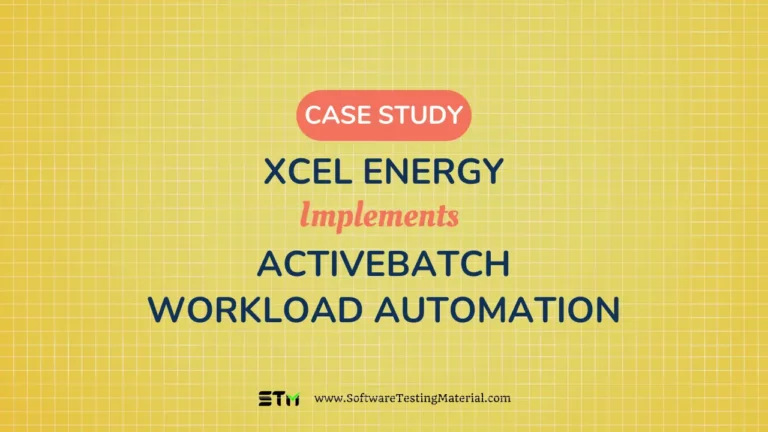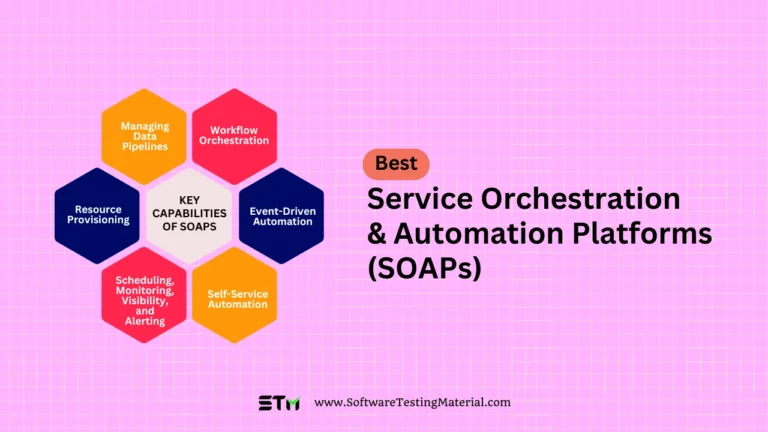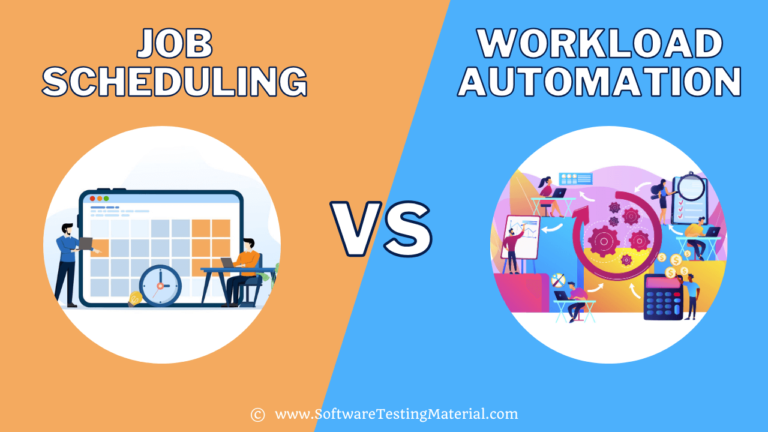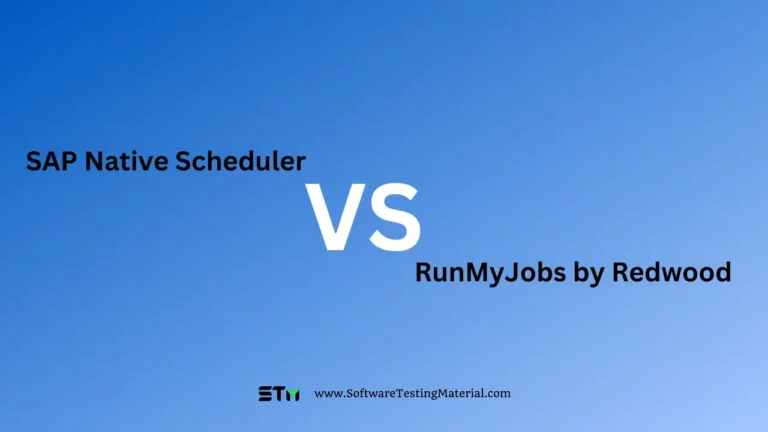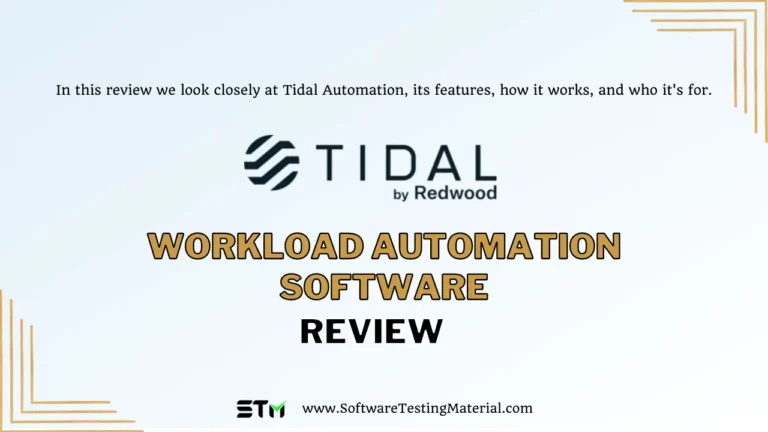Why Broadcom Customers Are Switching Workload Automation Solutions: Support Challenges and Security Concerns
In recent years, Broadcom’s aggressive acquisition strategy—including the high-profile purchases of CA Technologies and VMware—has reshaped the enterprise IT landscape. While these acquisitions have expanded Broadcom’s portfolio, they’ve also triggered widespread concern among enterprise customers, particularly those relying on mission-critical workload automation solutions.
More and more customers are leaving Broadcom’s automation platforms, and it’s not without good reason. Big companies like Whitbread, Coca-Cola, Growmark, and UBS are choosing to switch to other solutions. This is mostly because of two major issues: poorer support quality and increasing worries about security.
For IT leaders handling complex enterprise systems, having dependable workload automation is crucial for keeping operations steady. If support fails or security issues arise, it doesn’t just cause technical problems—it can disrupt business, affect compliance, and hurt profits.
The good news for organizations facing issues with Broadcom is that the market offers compelling alternatives (AutoSys Alternatives, Automic Automation Alternatives and Dollar Universe Alternatives) with more customer-friendly pricing models.
The Support Crisis: Real Customer Experiences
Broadcom’s declining customer support is no longer a series of isolated incidents—it has become a well-documented issue across industry forums, legal cases, and customer reviews.
Unresponsive Assistance and Communication Barriers
One of the most frequent complaints from Broadcom customers involves the difficulty in simply getting someone to respond to support requests. A viral Reddit thread titled “Broadcom support, an absolute horror show” chronicles the experiences of numerous IT professionals struggling to receive even basic acknowledgment of critical issues.
Another telling thread asked, “Does Broadcom still have SE’s and Professional Services?“—reflecting widespread confusion about whether dedicated support resources even exist following reorganizations. Many users reported being unable to reach account representatives after weeks of attempts, leaving their enterprise systems vulnerable during critical incidents.
Systematic Downgrading of Critical Incidents
Beyond mere responsiveness issues, customers report increasingly concerning problems with platform stability. Many organizations have experienced agent crashes and significant bugs following updates or releases, creating unexpected downtime in critical automation processes. One IT director shared, “What used to be routine updates have become high-risk events requiring extensive testing and fallback planning. We simply can’t trust new releases anymore.”
As one system administrator commented, “We had a P1 incident which is a critical VMware host failure. Despite escalating the issue and providing necessary logs, the support team was unresponsive, even downgrading the incident without consulting us.”
Extended Resolution Times and Legal Disputes
Perhaps most concerning is the emergence of legal action over support disputes. AT&T filed a lawsuit against Broadcom, alleging that after Broadcom’s acquisition of VMware, it attempted to force AT&T into purchasing expensive subscription services for software it already had perpetual licenses for.
AT&T claimed that Broadcom threatened to withhold support for existing software unless AT&T agreed to these new terms, which could jeopardize critical services. Broadcom countered that AT&T had been planning to move away from VMware and was aware of the licensing changes. Eventually, both companies reached a settlement, though the specific terms were not disclosed.
The frustration has reached such levels that professional forums are filled with threads titled with unambiguous sentiments like “F* Broadcom” and “Broadcom, why are you like this?“—reflecting the emotional toll these support failures take on IT professionals responsible for maintaining critical systems.
Industry Response and Customer Migration
CEO of CloudBolt, summarized the customer sentiment: “Customers say we don’t want the banquet. We don’t want it all,” referring to Broadcom’s bundling approach that forces customers to pay for comprehensive packages while providing diminished support services.
This frustration has driven companies like Whitbread and Coca-Cola to reevaluate their automation infrastructure and migrate to solutions that prioritize customer support as a core value rather than an afterthought.
Security Vulnerabilities: A Growing Concern
While support issues might be immediately visible, security vulnerabilities pose perhaps an even greater long-term risk to organizations using Broadcom’s automation solutions.
Recent Critical Security Issues
The VMware ecosystem, now under Broadcom’s control, has experienced several high-profile security incidents that have raised alarms across the industry:
- Authentication bypass vulnerabilities in VMware Tools for Windows (CVE-2025-22230) exposed systems to unauthorized access
- Zero-day vulnerabilities in ESXi, Workstation, and Fusion (CVE-2025-22224, CVE-2025-22225, CVE-2025-22226) required emergency patching
- Delayed security updates and inconsistent communication about vulnerability timelines left customers exposed longer than necessary
These security lapses are particularly concerning for workload automation platforms, which typically have elevated privileges and access to sensitive systems across the enterprise.
Why Support and Security Are Non-Negotiable in Workload Automation
For enterprise IT leaders, the implications of compromised support and security in workload automation extend far beyond technical inconvenience.
Business Costs of Automation Downtime
Workload automation platforms are responsible for orchestrating mission-critical business processes, from financial closing procedures to supply chain operations. Even brief outages can trigger costly cascading failures:
- Financial services organizations report costs exceeding $1,000 per minute during critical process outages
- Manufacturing companies face production line stoppages costing tens of thousands per hour
- Retail operations experience order processing delays that directly impact customer satisfaction and revenue
When support delays extend resolution times from minutes to days, these costs multiply exponentially.
Security Implications of Compromised Workload Systems
The security stakes are equally high. Workload automation platforms typically have:
- Privileged access to database systems containing sensitive data
- Connectivity to financial and operational systems
- The ability to execute processes across the enterprise landscape
A compromise of these systems can lead to data breaches, operational sabotage, or even serve as a launchpad for broader network intrusions. For regulated industries, such incidents trigger compliance violations with severe financial and reputational consequences.
Compliance and Governance Requirements
Organizations in highly regulated industries face additional pressures. Financial services firms, healthcare providers, and government contractors have explicit obligations regarding system availability and security. Support and security deficiencies can directly translate to:
- Regulatory penalties and fines
- Mandatory breach disclosures
- Increased scrutiny during audits
- Loss of certifications necessary for business operations
What to Look for in a Better Workload Automation Solution
Organizations considering alternatives to Broadcom’s solutions should evaluate potential replacements against best-in-class standards for support and security.
Support Features Worth Prioritizing
Industry leaders in workload automation now offer support models that stand in stark contrast to the experiences reported by Broadcom customers:
- 24/7 Support with Guaranteed SLAs: Look for providers offering contractually guaranteed response times for different incident severities, with penalties if they fail to meet these commitments.
- Proactive Monitoring and Alerting: Advanced solutions provide proactive system monitoring that identifies and addresses potential issues before they impact operations.
- Comprehensive Documentation and Knowledge Base: Access to detailed, up-to-date documentation and self-service resources enables faster problem resolution and reduces support dependencies.
- Active User Community and Forums: Vibrant user communities facilitate knowledge sharing and provide alternative support channels during critical situations.
Solutions like RunMyJobs highlight these differentiators with their “Full SaaS Implementation: Delivers guaranteed uptime and 24×7 support” approach that makes support quality a central value proposition rather than an afterthought.
Security Features That Matter
Modern workload automation platforms have evolved beyond basic scheduling to incorporate sophisticated security features:
- Robust Authentication and Authorization Systems: Granular role-based access controls and support for modern authentication standards like SAML and OAuth.
- Comprehensive Audit Trails and Logging: Detailed activity tracking for both users and automated processes to support security investigations and compliance requirements.
- Regular Security Updates and Transparent Vulnerability Management: Clear communication about security issues and streamlined patch processes that minimize operational disruption.
- Compliance Certifications: Third-party validations like SOC 2, ISO 27001, and industry-specific certifications that verify security practices.
- Certifications demonstrating security commitment: Look for SOC 2 Type II, CSA STAR Level 1, and ISO/IEC 27001:2022 compliance as evidence of rigorous security practices
- Proactive security framework that reduces the operational burden of emergency patching cycles
- Role-based access controls and strong encryption for sensitive automation components
Case Study: How Companies Successfully Transitioned from Broadcom
The migration from Broadcom’s automation solutions to alternatives isn’t merely theoretical—major enterprises have successfully made this transition and realized significant improvements.
Whitbread’s Transformation
Whitbread, the UK’s largest hospitality company and owner of Premier Inn, successfully migrated from Broadcom’s automation tools to a more responsive alternative. Their transition focused on minimizing disruption while dramatically improving support response times and security posture.
Global Impact at Coca-Cola
Coca-Cola’s global operations depend on reliable automation for supply chain and production processes. Their strategic shift away from Broadcom’s solutions resulted in measurable improvements in system reliability and security compliance across dozens of production facilities.
Financial Services Security at UBS
UBS faced particularly stringent requirements around security and compliance. Their migration story highlights how proper support and security practices aren’t just operational considerations but strategic necessities in highly regulated industries.
These migrations weren’t driven by minor inconveniences but by substantial operational impacts. Organizations report that the stability issues, security vulnerabilities, and support deficiencies created measurable business disruptions that ultimately justified the transition effort. Post-migration, these companies experienced immediate improvements in platform reliability, support responsiveness, and security posture—transforming workload automation from a source of concern to a strategic advantage.
Conclusion
The documented struggles of Broadcom customers aren’t isolated incidents but evidence of systematic challenges affecting enterprises worldwide. For organizations relying on workload automation to drive critical business processes, these support and security issues represent existential risks that cannot be ignored.
The good news is that viable alternatives exist. Companies like Whitbread, Coca-Cola, and UBS have demonstrated that successful migration is possible and delivers tangible benefits in support quality, security posture, and operational stability.
As you evaluate your current workload automation infrastructure, consider not just the technical capabilities but the holistic experience—including support responsiveness, security practices, and the vendor’s commitment to your success. These factors often make the difference between a solution that merely functions and one that truly enables your business to thrive.
Is your organization experiencing support challenges or security concerns with your current workload automation solution? It may be time to explore Autosys alternatives, Automic Automation Alternatives and Dollar Universe Alternatives that prioritize these critical aspects of enterprise technology.

